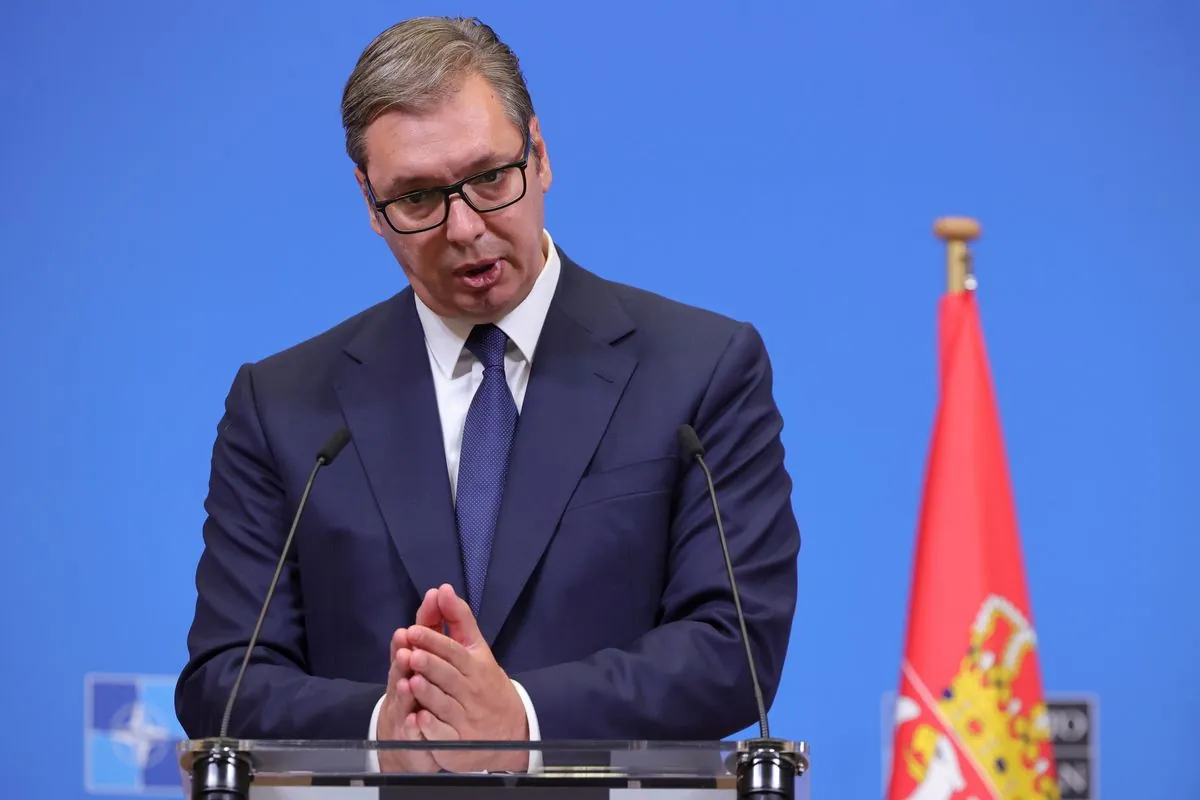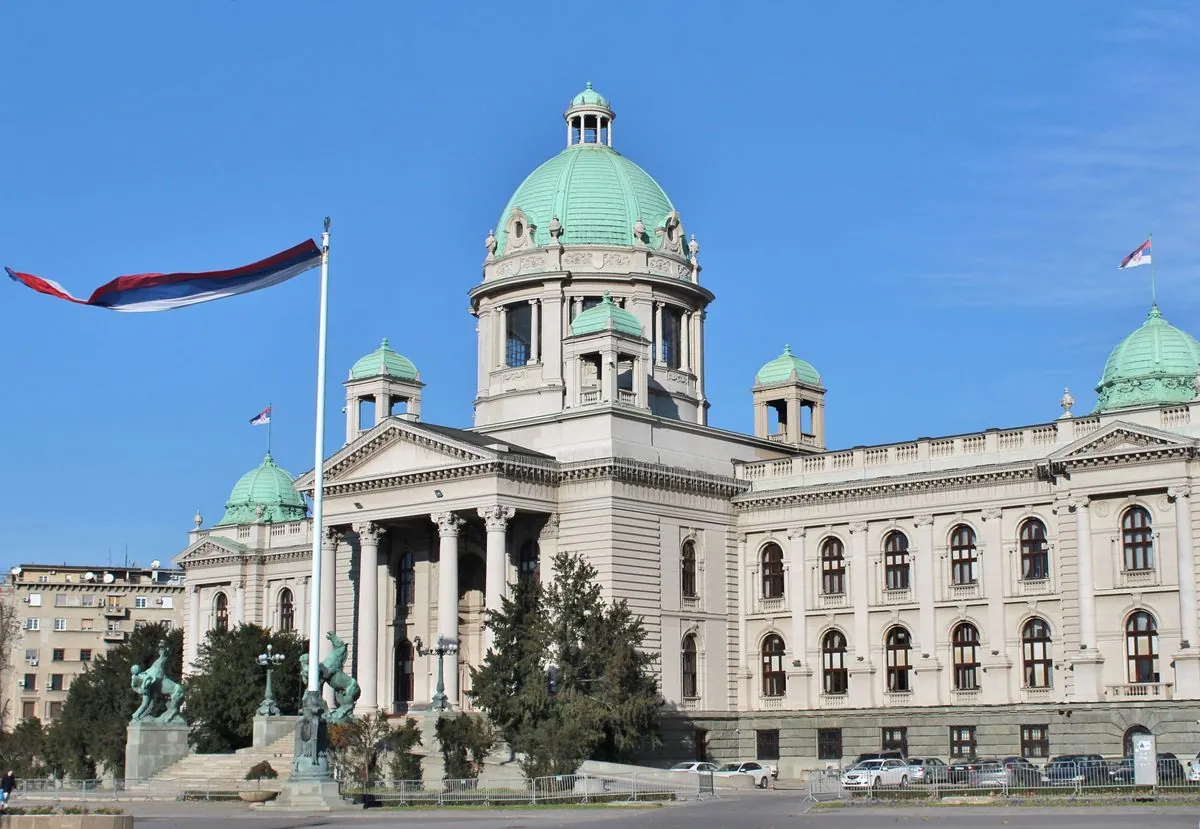Serbian President Doubts EU Membership by 2028, Montenegro Remains Hopeful
Serbian President Vucic expresses skepticism about EU membership by 2028, citing challenges. Montenegro's President Milatovic maintains optimism, aiming for 2028 accession. Both nations navigate complex geopolitical landscapes.

Aleksandar Vucic, Serbia's President, has expressed doubt regarding his country's prospects of joining the European Union by 2028, a target date set by some Western Balkan nations. Speaking at the Globsec security conference in Prague, Vucic stated, "I don't believe we are going to be a part of the European Union in 2028." He further elaborated that EU membership is unlikely to occur before 2030, emphasizing his commitment to transparency with the Serbian people.
Serbia's journey towards EU membership has been ongoing since its official application in 2009. The nation began accession negotiations in 2014 and has held candidate status since 2012. However, the path to membership requires significant improvements in various areas, including democracy, rule of law, judiciary, economy, and efforts to combat corruption and organized crime.

The country faces a delicate balancing act between its EU aspirations and its historical ties with Russia. While Serbia has condemned Russia's invasion of Ukraine and provided artillery ammunition to Kyiv, it has yet to align fully with EU foreign policies, particularly regarding sanctions against Moscow. This complex relationship is further complicated by Serbia's dependence on Russian gas and Moscow's support for Belgrade's stance on Kosovo's independence.
"It's not going to happen (EU membership), I don't lie to my people."
In a significant shift, Serbia recently concluded a landmark weapons deal with France's Dassault Aviation, purchasing 12 new Rafale fighter jets. This move signals a potential realignment of Serbia's defense cooperation away from Moscow. The Rafale, which entered service with the French Navy in 2004, represents a modern addition to Serbia's military capabilities while maintaining the country's policy of military neutrality.
Contrastingly, Montenegro's President Jakov Milatovic expressed optimism about his country's EU prospects. Montenegro, which gained independence from Serbia in 2006 and joined NATO in 2017, aims to become the EU's 28th member state by 2028. Milatovic acknowledged the ambition of this goal but remains hopeful of its feasibility.
The European Union, founded in 1993 with the motto "United in diversity," currently comprises 27 member states and uses 24 official languages. The EU's expansion, known as "enlargement," is guided by the Copenhagen criteria, which outline the requirements for membership. As Serbia, with its population of approximately 7 million, and Montenegro navigate their respective paths to EU accession, the geopolitical landscape of the Western Balkans continues to evolve.


































